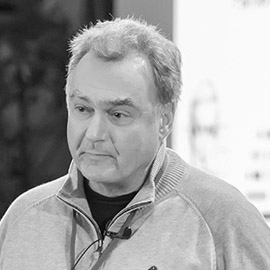Thomas Filk studied physics at the University of Bonn, Germany, and finished his PhD in 1982. Then he spent two years at the University of Tokyo as a Fellow of the Japanese Society for the Promotion of Science. In November 1984 he came to Freiburg, first as a scientific assistant, later as a so-called Privatdozent and assistant professor. Since 2009 he has been an associate professor at the Physics Institute of the University of Freiburg. His main fields of interest include: foundations of physics (quantum theory and relativity), the didactics of physics, and the application of quantum theory to problems in cognitive sciences. Furthermore, he does research in the field of neural networks – in particular he is interested in learning mechanisms of neural networks and „innovation“ in neural networks.
Topic: The Cultural Impact of Quantum Theory and its Concepts
Quantum theory did not only change our view of the microscopic world, but it also had an impact on our general thinking about reality. While the expression „quantum“ has often been misused for esoteric purposes, many fundamental ideas of quantum theory spread outside the realm of micro-physics into the realm of social sciences, cognitive sciences, economy, and even art. In particular, the formalism which physicists developed in order to deal with „complementarity“, „contextuality“, „non-boolean logic“, „holistic correlations“, etc. finds its way into other areas with increasing success. This research project in Kőszeg investigates the reasons and the underlying principles which may be responsible for the successful application of quantum methods in fields far outside physics, in particular in the fields mentioned above.
